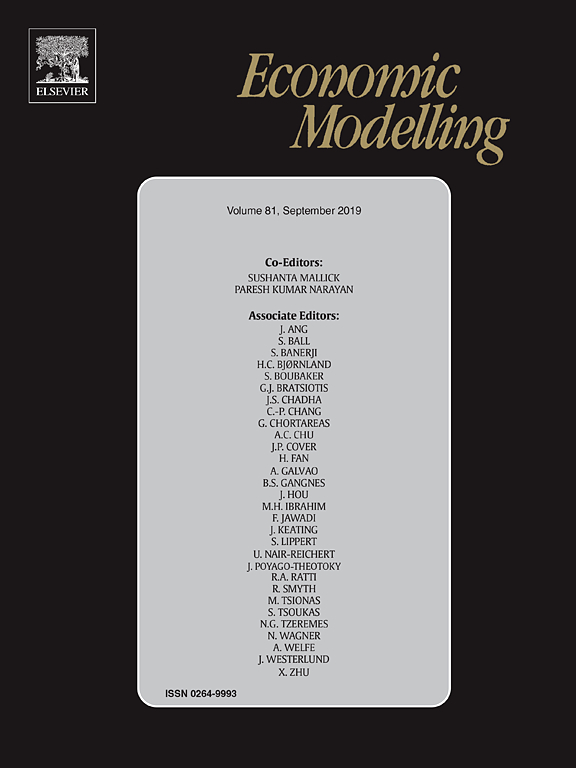The Impacts of Energy Insecurity on Household Welfare in Cambodia: Empirical Evidence and Policy Implications

Date:
18 September 2019Category:
Cambodia, Energy, Journal ArticlesType:
Journal ArticlesTags:
EnergyPrint Article:
About the Journal
Economic Modelling, Volume 82, November 2019, Pages 35-41.
Authors
- Han Phoumin, Economic Research Institute for ASEAN and East Asia, Indonesia
- Fukunari Kimura, Economic Research Institute for ASEAN and East Asia, Indonesia
Highlights
- The study estimates the incidence of household energy insecurity in Cambodia.
- The study confirmed energy insecurity has negative impact on welfare of the households.
- The energy insecurity negatively impacts on the human capital formation of the children.
- The energy insecurity is likely to be associated with many forgo benefits such as earnings.
Abstract
This study investigates the impacts of energy insecurity on household welfare in Cambodia. The notion of energy insecurity is not well understood in the literature as well as in local contexts. This study defines household energy insecurity as the status quo derived from the interplay of inadequate and insufficient energy consumption that prevents households from meeting basic energy needs. The notion of energy insecurity can only be well understood by investigation in the local context as it varies from place to place. Households facing insufficient energy consumption may forgo many other opportunities. Once energy security has been defined in the Cambodian context, the study employs multiple regression models using the Cambodia Socio-Economic Survey Data (2015) to investigate the impacts of household energy insecurity. The study confirmed that energy insecurity has enormous negative impact on welfare of the households, with a further negative impact on the human capital formation of the children. The findings will lead to policy implications to improve household energy security, and thus impact economic, social, and environmental development.




